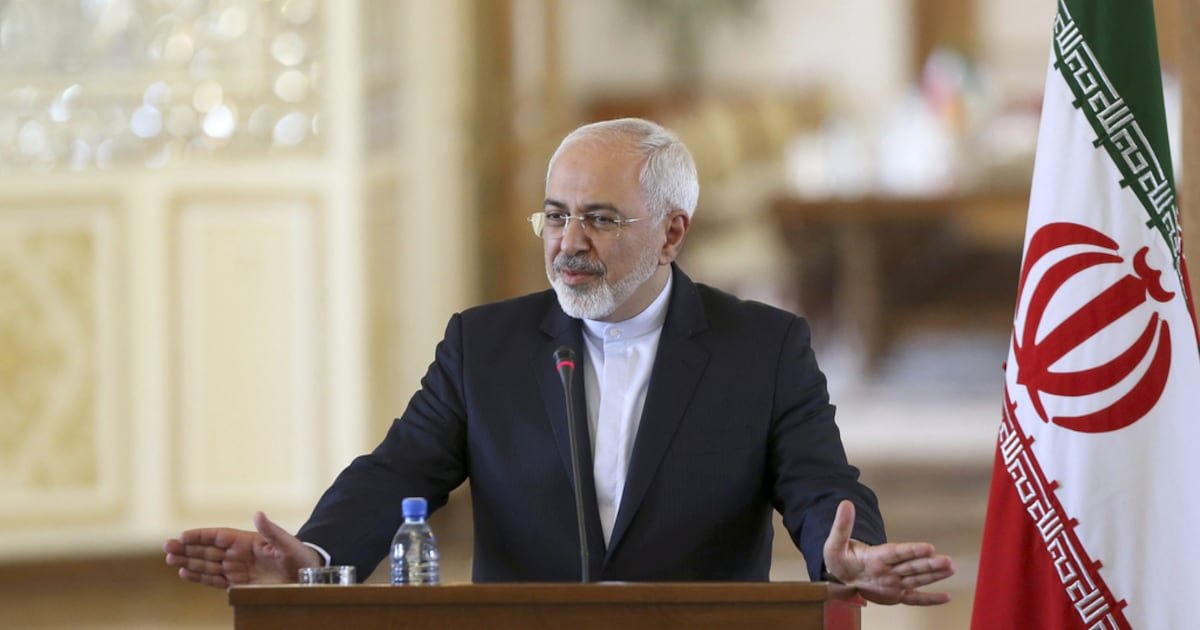Iran’s former foreign minister Mohammad Javad Zarif resigned as the nation’s vice president of strategic affairs over dissatisfaction with President Masoud Pezeshkian’s cabinet selection.
Mr Zarif announced his decision in a social media post on Sunday.
Parliamentary commissions were set to meet on Monday to discuss cabinet nominations after the names of ministerial nominees were submitted on Sunday.
Mr Zarif was in charge of forming the committees to choose the new ministers under Mr Pezeshkian, who won July’s election after the death of former president Ebrahim Raisi and foreign minister Hossein Amirabdollahian in a helicopter crash in May.
Many of those whose names were presented to the cabinet served in previous governments. These include former nuclear negotiator Abbas Araghchi as foreign minister and the renomination of Esmail Khatib for the position of minister of intelligence.
Among the list of nominees, there was only one woman, Farzaneh Sadegh, as minister of roads and housing.
If appointed, she would become only the second woman minister since Iran’s 1979 revolution.
Mr Zarif said only three out of the 19 nominees introduced to the cabinet were the first choice as represented by the steering committee.
He also said he could not get women, the youth and people of diverse ethnic backgrounds in the cabinet as he had promised.
“I am not satisfied with the outcome of my work and I am ashamed that I could not achieve the expert opinion of the committees and the inclusion of women, youth, and ethnic groups as I had pledged,” he wrote.
Mr Zarif said he will continue his work in academia.
Mr Pezeshkian had promised an overall younger government with 60 per cent of nominees under the age of 50, but only two of them meet that criteria.
He had also implied Iran would have improved relations with the West and a return to the Iran nuclear deal, also known as the Joint Comprehensive Plan of Action, which the US unilaterally pulled out of in 2018 under former president Donald Trump.
However, supreme leader Ayatollah Ali Khamenei has the final say in Iran – and has presented staunchly anti-western views, particularly in light of the war in Gaza.
With agency reports
